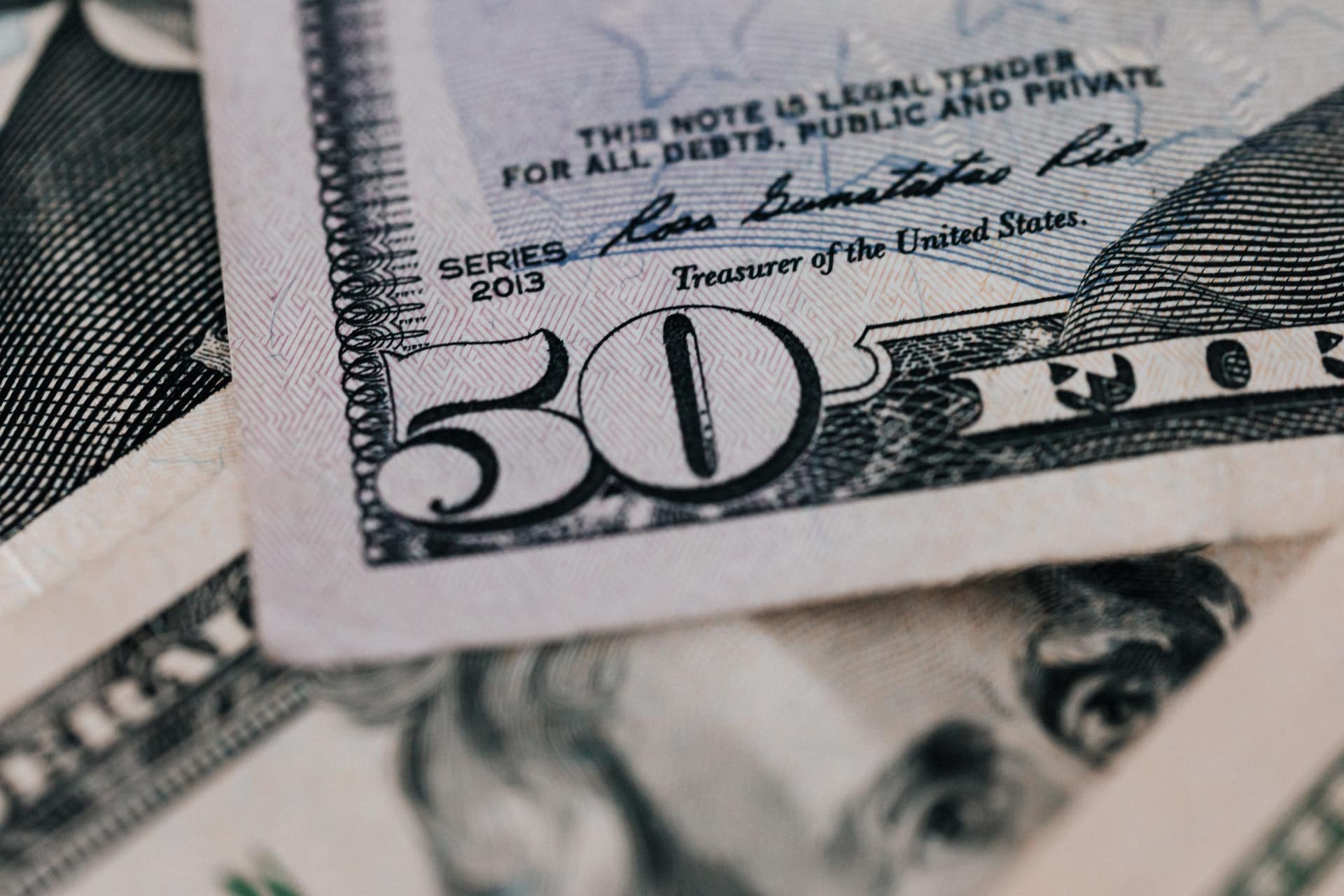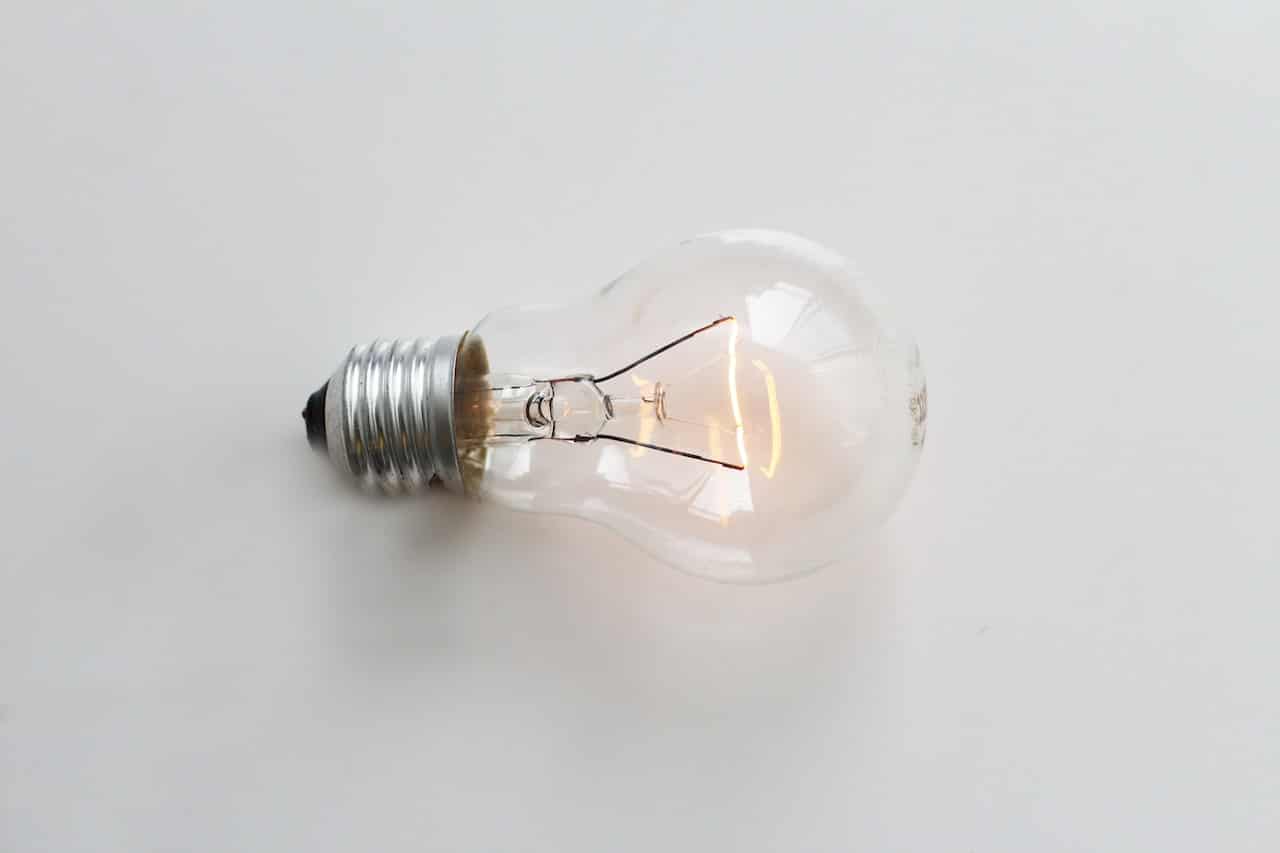Your credit history exists on your credit reports with all three of the credit bureaus. For United States consumers, these major credit bureaus are Equifax, TransUnion, and Experian.1
Delinquency on your credit report refers to any adverse financial action reported to the credit bureaus. Keep reading to learn about different types of delinquencies, their timelines, avoiding them, and improving your credit after they are reported.
Different Types of Delinquencies and Their Timelines
Here are a few of the most common types of delinquencies that are reported to credit bureaus and show up on credit reports:
| Type of Delinquency | Duration on Credit Report |
| Late Payments | Up to 7 Years |
| Bankruptcy | 7 to 10 Years |
| Collection Accounts | Up to 7 Years |
| Foreclosures | Up to 7 Years |
| Loan Default | Up to 7 Years |
Late Payments
Anytime you have a missed payment and end up paying it late, that late payment will be reported and show up on your credit report. Your payment history is the most significant factor that impacts your credit score, so it is essential that you make on-time payments. Some credit cards and installment loans, like bad credit loans, may have a grace period, so talk to your lender to avoid damage to credit scores. Late payments can stay on your credit reports for up to seven years!
Bankruptcy
Bankruptcy is a legal proceeding in which a person who cannot pay outstanding debt can stop all creditors from collecting debts until the court sorts the debts accordingly by law.2
These are the different types of bankruptcy:
- Chapter 7
- Chapter 13
Bankruptcy can be one of the most devastating things you can do for your FICO score and finances. It will bring a tier-one credit score down to a poor one and can take several years to repair. Even after rebuilding your credit score, having a bankruptcy on your credit history may hinder your chances of borrowing money. Chapter 7 bankruptcy will remain on your credit reports for 10 years, while Chapter 13 will stay on for seven.
Collection Accounts
If you have missed debt payments, your original lender may turn to a collection agency or debt collector. Your credit account will become a collections account. If your account is in collections, your credit score can decrease, and the delinquency will appear on your reports. Collection accounts can remain on credit reports for up to seven years after you pay off the account.
Foreclosures
A foreclosure happens when you have a mortgage and default on the loan. Your mortgage lender will then have the right to seize the property/home, which they can do through the foreclosure process. A foreclosure will hurt your credit score and remain on your credit for up to seven years.
Loan Default
A default on a loan can happen if you don’t pay a loan company back. Actions leading up to default and the default itself will have a significant negative impact on your scores. Each missed payment will be reported along with the loan default. A defaulted credit account will show up on your credit reports for up to seven years.
What To Do if There Is a Mistake on My Credit Reports?
Credit reporting errors made by a credit bureau are pretty common, so it is essential to check your credit reports often to prevent a low credit score. Consumers are entitled to an annual free credit report from each credit bureau, and you should take advantage of this!
Identity Errors
Common identity mistakes include incorrect names, phone numbers, numbers, and addresses. If accounts that don’t belong to you show up, it can signify identity theft. Additionally, sometimes someone with a similar name may be mixed up with you.
The Wrong Account Status
Sometimes accounts can show up with the wrong status. For example, closed accounts may appear as open. Or you may see something as your credit account when in reality, you are just an authorized user. There can also be mistakes in reporting of delinquencies.
Debt Balance Errors
Other common errors include the wrong balances on your credit accounts. If a credit balance is reported to be higher than it actually is, credit utilization rates can increase and decrease credit scores.
Typos/Data Management Mistakes
Sometimes things may show up more than once, have the wrong creditors, or re-listed information even after corrections. You will have to file a dispute with the corresponding credit reporting agency to fix errors on your credit report. Need more details and instructions? Here is our complete guide on how to correct errors on your credit report.
Avoiding Delinquencies
For your financial protection and progress, it will be best to avoid all delinquencies, as they can stay on your credit report for several years. Here are some strategies to manage your money wisely and prevent future missed or late payments:
- Set up Automatic Payments — One of the easiest ways to avoid late payments and lower credit scores is to set up automatic payments. This way, you don’t have to worry about forgetting a due date or juggling multiple debt payments.
- Only Borrow What You Can Repay — It’s critical to only borrow quick cash loans and credit cards if you can afford the monthly payments. Before taking out any loan, calculate its monthly payment and make sure you can repay it comfortably.
- Keep Your Debt Low — Avoid having a lot of debt and be mindful of your credit utilization. If your utilization rate goes above 30%, it can harm your credit scores.
- Build a Savings Fund — A savings fund can be a great safety net for your finances. Having at least three months of savings at minimum is a great way to ensure financial security until you figure out your next steps.
- Start Paying Out of Pocket — Another strategy you can use to avoid delinquency on your credit is to pay for things out of pocket instead of financing to avoid paying interest.
- Create a Budget to Better Manage Your Money — Budgeting is a great tool that can help you manage your money for any long-term or short-term financial goal.
FAQs on Loan Delinquency
A late payment refers to any payment made after the due date, while loan delinquency is a status that indicates multiple late payments or a prolonged period without paying the minimum. Both can negatively impact your credit report and payment history.
Typically, credit card companies report late payments to the three major credit reporting agencies once they are 30 days past the due date. However, even if a late payment isn’t immediately reported, you might still incur late fees or interest charges.
Not necessarily. While missing the minimum payment can result in fees, it might not be reported to the credit reporting companies until it’s 30 days overdue. It’s essential to make payments as soon as possible to avoid negative marks on your payment history.
It can be challenging, but it’s possible. You can contact your lender and explain the situation. If they’re understanding, they might agree to not report the delinquency or remove it. However, the final decision rests with the credit reporting companies.
All late payments, regardless of the loan size or type, can negatively affect your credit report. However, credit card payments might carry more weight in your payment history, especially if they’re from major issuers.
While the three major credit bureaus (Equifax, TransUnion, and Experian) generally operate under similar guidelines, there might be slight variations in how they record and display delinquencies. It’s a good idea to check your credit report from each bureau periodically.
Negotiating with your lender or setting up a payment plan can prevent further negative marks. However, the initial delinquency might still appear on your credit report, depending on when it was reported. Always communicate with your lender early to explore options and minimize impacts on your payment history.
Key Takeaways From CreditNinja
At CreditNinja, we think it’s essential for consumers to know how their finances can impact their life. Unfortunately, delinquency can harm your credit score and look like a red flag to potential lenders. The good news is that you can easily avoid bankruptcy and delinquency while trying to survive a recession. If there are any mistakes on your credit reports, it is reasonably simple to correct them.
References:







